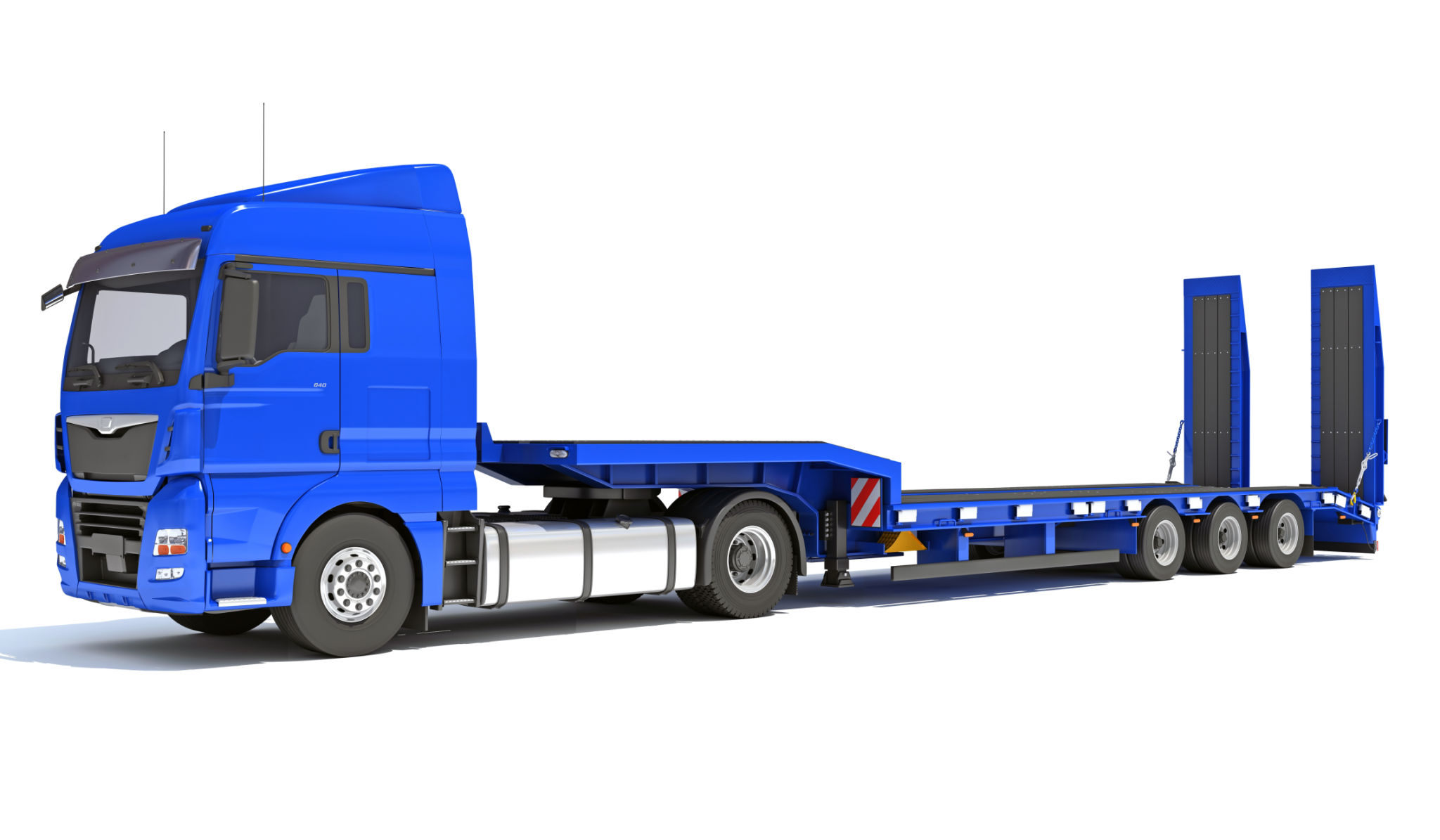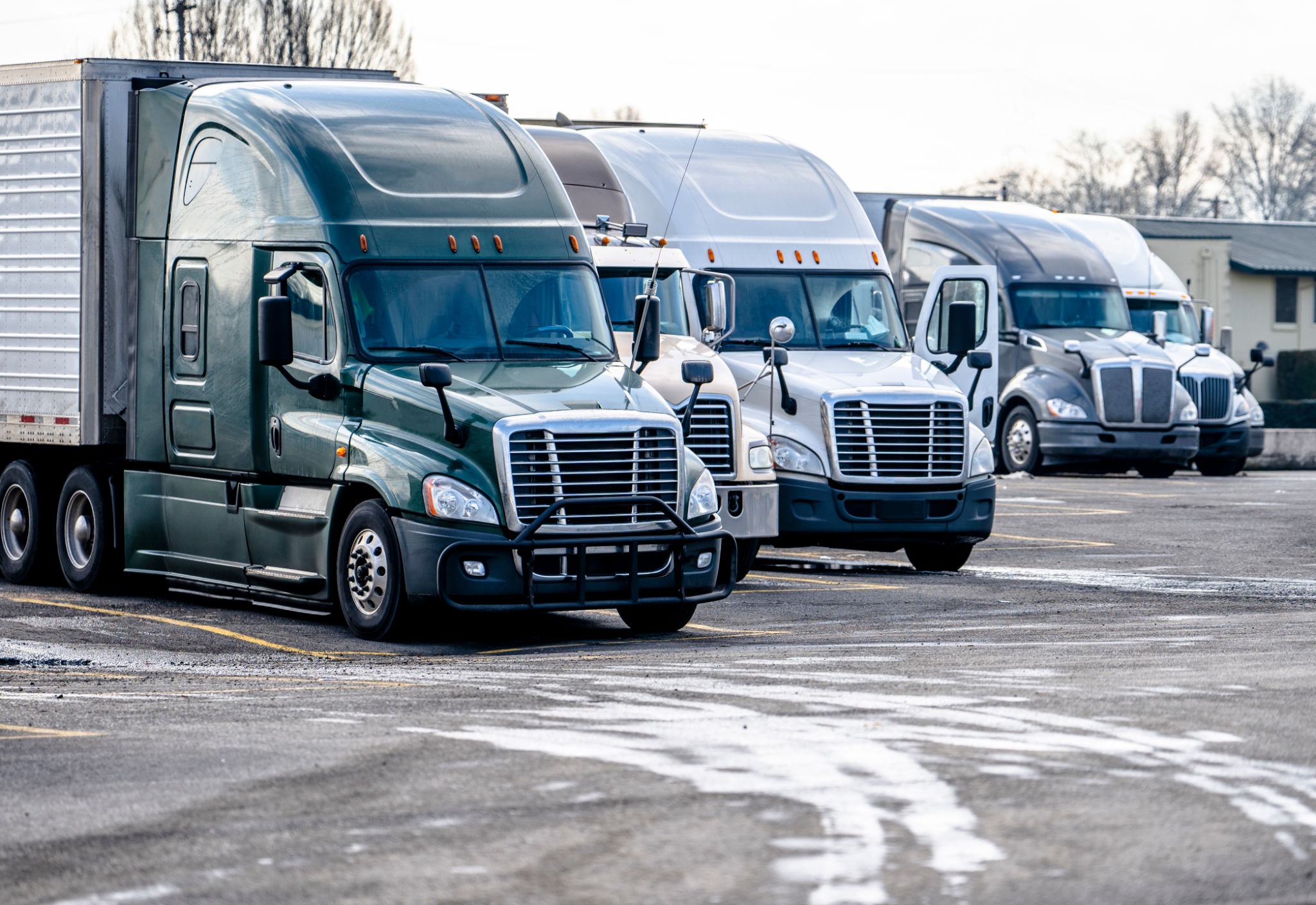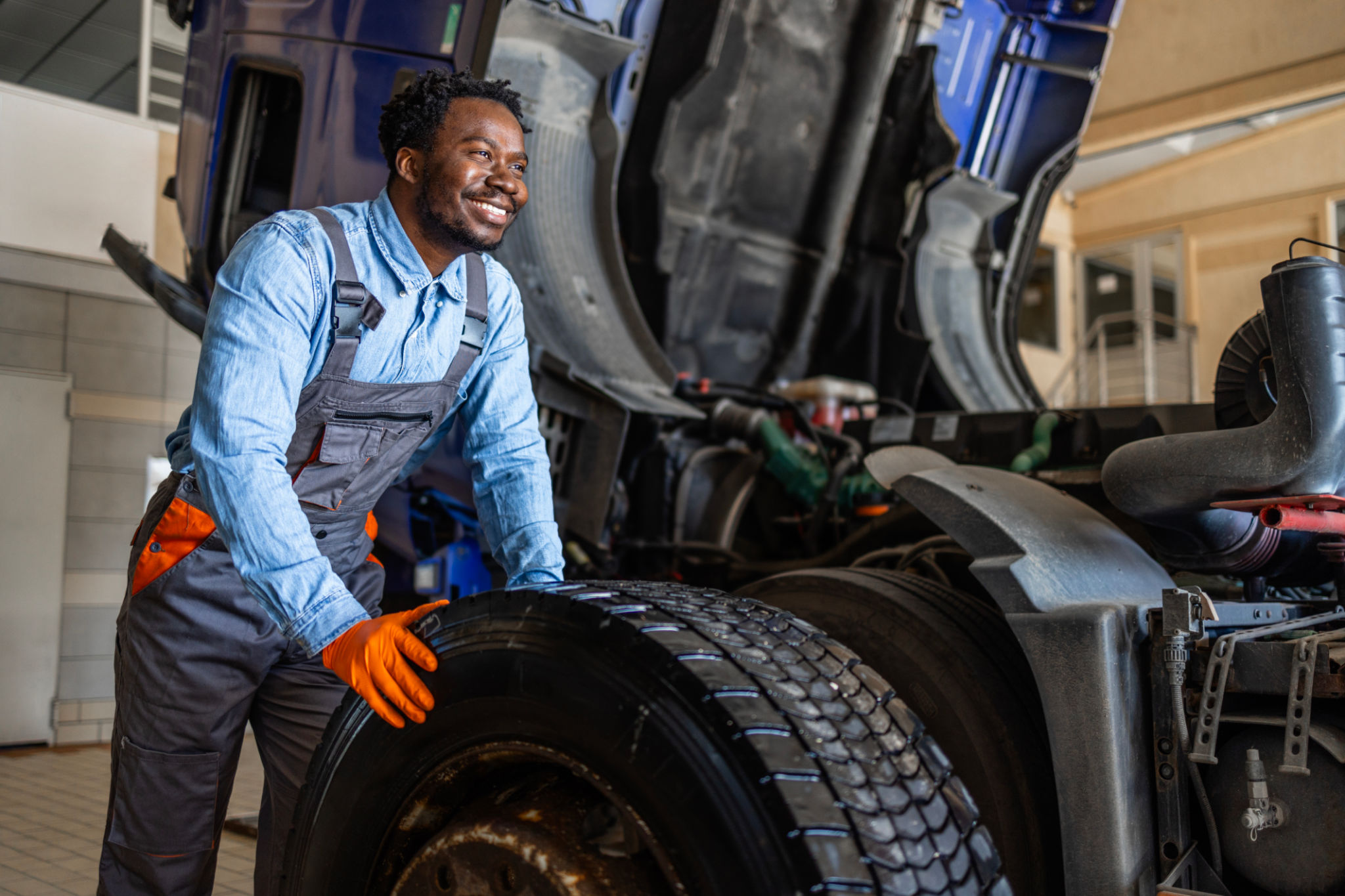Myths About Lowboy Trailers: What You Need to Know
Understanding Lowboy Trailers
Lowboy trailers are a popular choice in the heavy-haul industry due to their unique design, which allows them to transport tall and heavy loads with ease. Despite their widespread use, there are several myths surrounding these trailers that often lead to misunderstandings. This blog post aims to debunk these myths and provide accurate information about lowboy trailers.

Myth 1: Lowboy Trailers Are Only for Extremely Heavy Loads
One of the most common misconceptions is that lowboy trailers are exclusively designed for transporting extremely heavy loads. While they are indeed suited for heavy machinery, they are versatile enough to handle a range of transportation needs. Industries such as construction, agriculture, and even event planning utilize lowboy trailers for various purposes. Their ability to transport equipment safely and efficiently makes them a valuable asset across different sectors.
It's important to note that lowboy trailers come in various sizes and configurations, making them adaptable to different types of cargo. Whether you're moving a small bulldozer or a large piece of industrial equipment, there's likely a lowboy trailer that fits the bill.
Myth 2: Lowboy Trailers Are Difficult to Maneuver
Another prevalent myth is that lowboy trailers are challenging to maneuver due to their size and weight. While it's true that operating any large vehicle requires skill and experience, lowboy trailers are designed with features that enhance their maneuverability. Features such as hydraulic systems and extendable decks allow these trailers to navigate through tight spaces and challenging terrains efficiently.

In fact, many drivers find that lowboy trailers offer superior stability and control compared to other types of heavy-haul trailers. This is due in part to their low center of gravity, which helps prevent tipping during transport.
Myth 3: Lowboy Trailers Are Expensive to Maintain
Maintenance cost is often a concern when it comes to heavy machinery, and lowboy trailers are no exception. However, the belief that they are exceptionally costly to maintain is exaggerated. Regular maintenance routines such as checking tire pressure, ensuring proper lubrication, and inspecting hydraulic systems can prevent most issues and keep maintenance costs manageable.

Moreover, investing in quality components and adhering to a consistent maintenance schedule can extend the lifespan of a lowboy trailer significantly. This proactive approach not only enhances safety but also saves money in the long run by reducing the likelihood of costly repairs.
Myth 4: Lowboy Trailers Are Not Suitable for Long-Distance Hauls
Some might think that lowboy trailers are not ideal for long-distance transportation due to their specialized construction. However, this is far from the truth. Many lowboy trailers are equipped with features that make them perfectly capable of handling long hauls. With innovations such as air-ride suspension systems, these trailers provide a smoother ride over extended distances, minimizing wear on both the trailer and its cargo.
Additionally, many lowboy trailers are designed with fuel efficiency in mind, further supporting their use in long-distance transportation. Properly maintained lowboy trailers can be an excellent choice for companies looking to transport heavy loads over significant distances without compromising safety or efficiency.
Conclusion
Lowboy trailers play an essential role in the transportation industry, but misconceptions about their capabilities can lead to underutilization or misinformed decisions. By understanding the facts behind common myths, businesses can make informed choices about incorporating lowboy trailers into their operations. Whether for short hauls or long-distance moves, these versatile trailers offer reliable solutions for a wide array of transport needs.